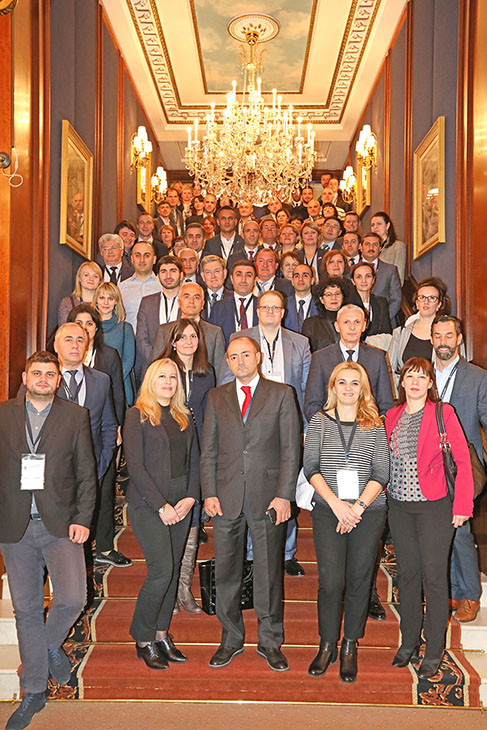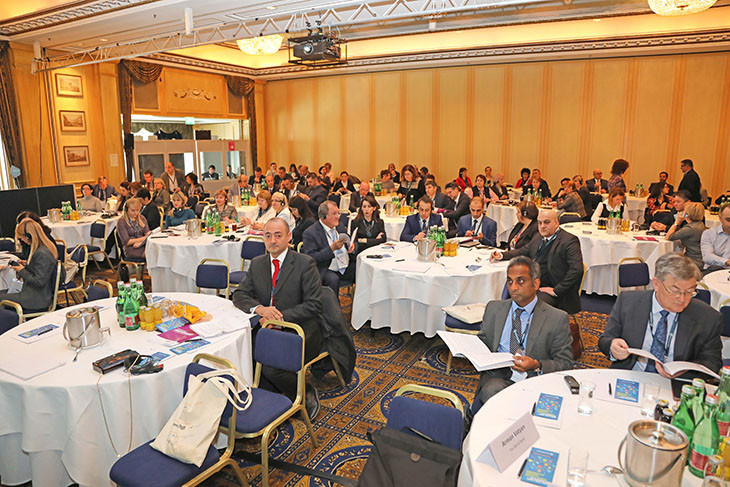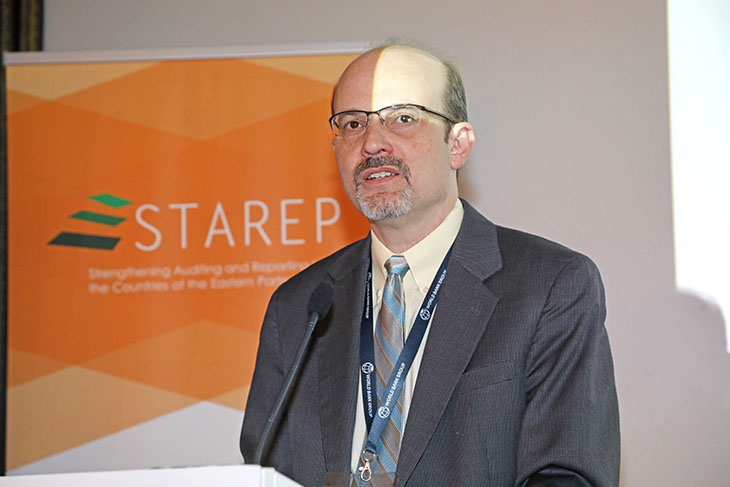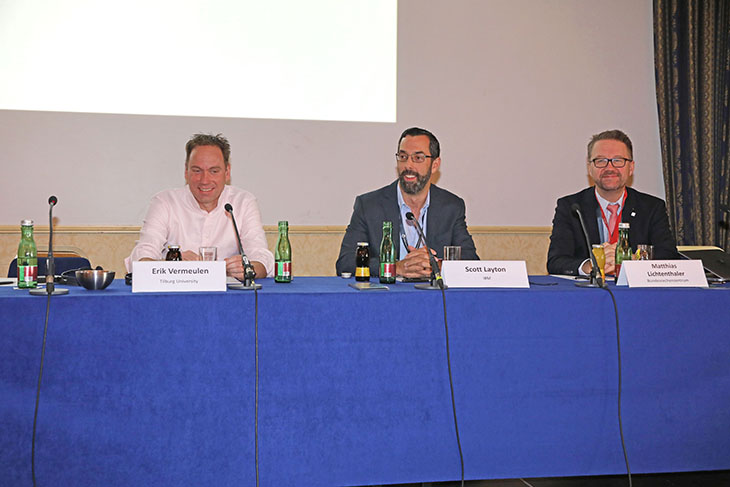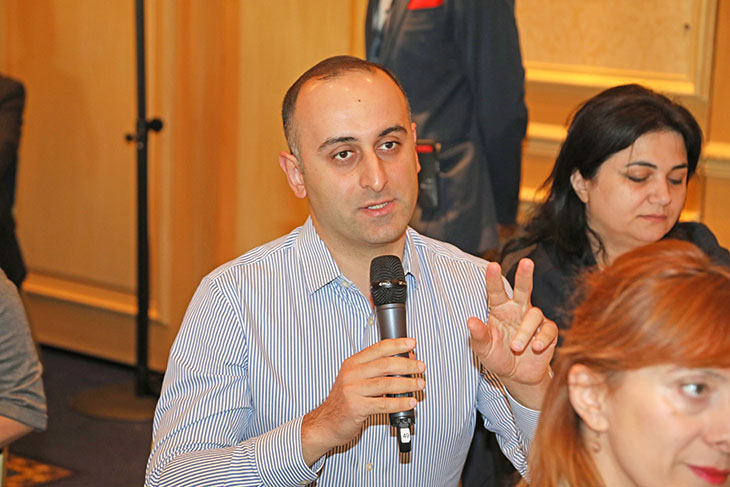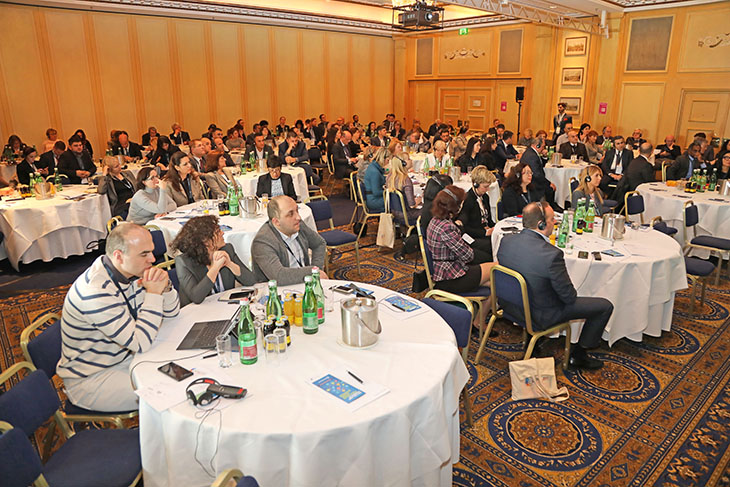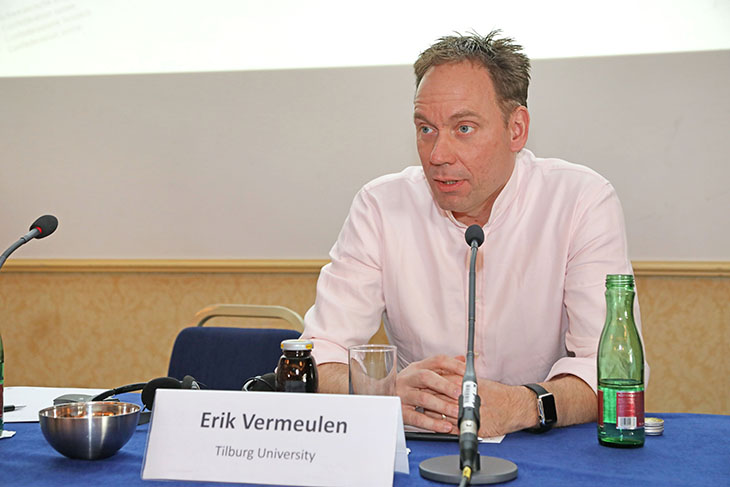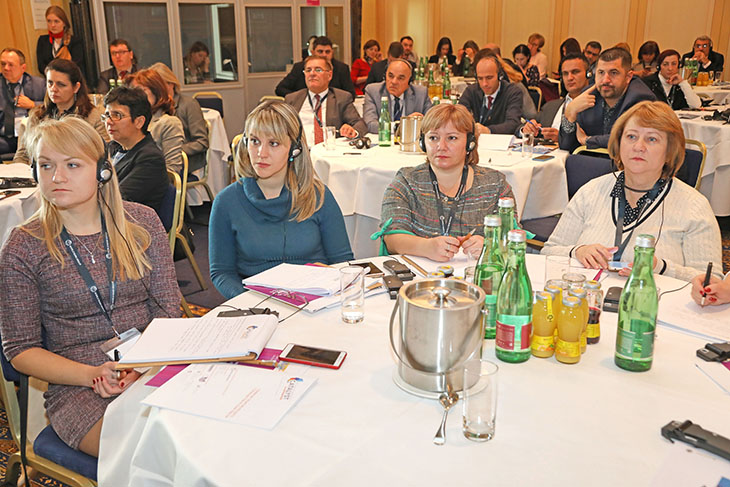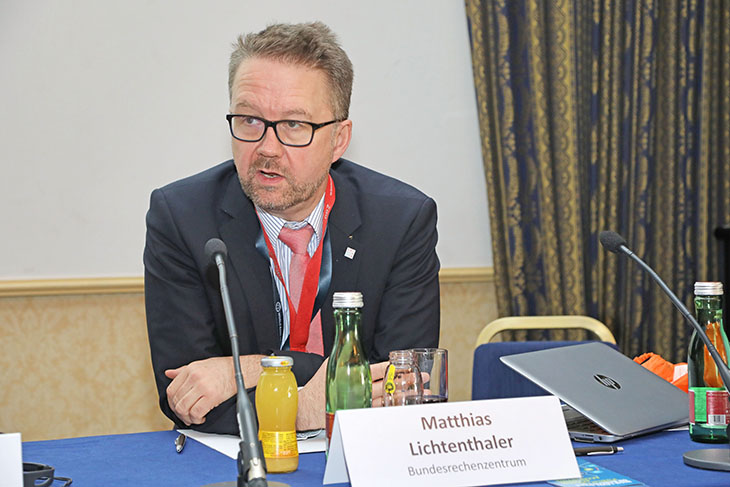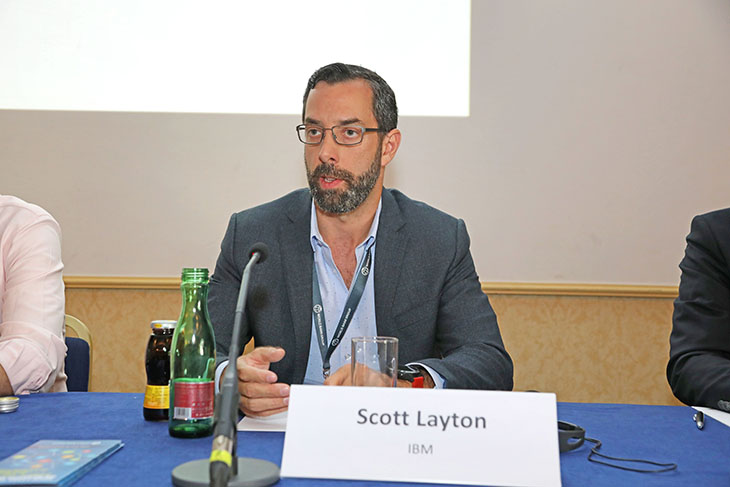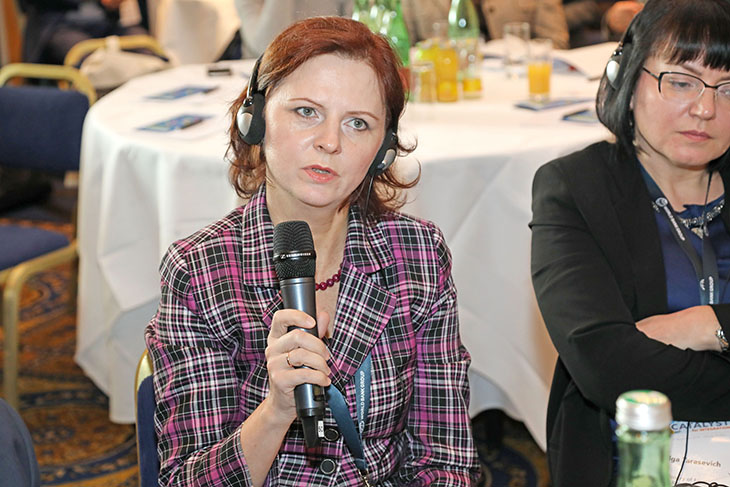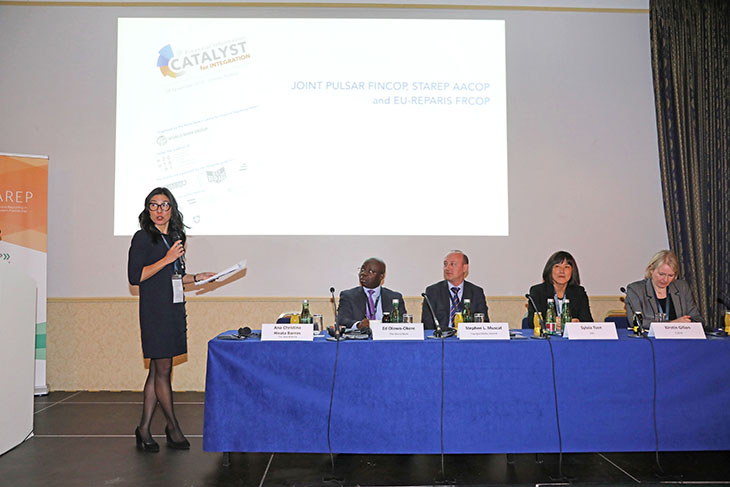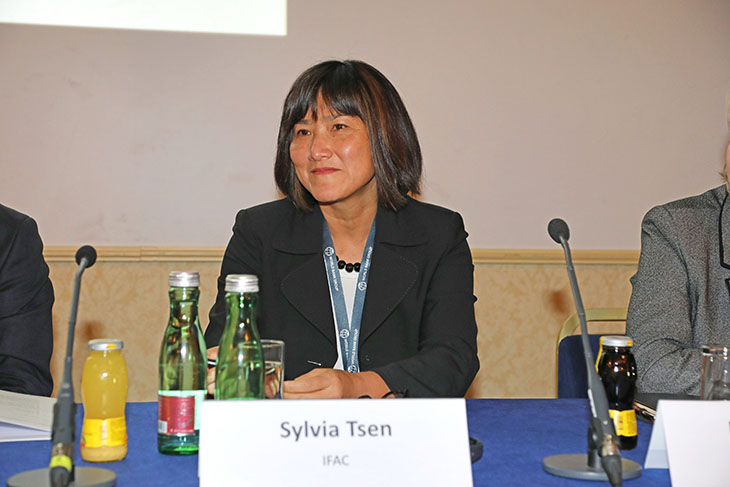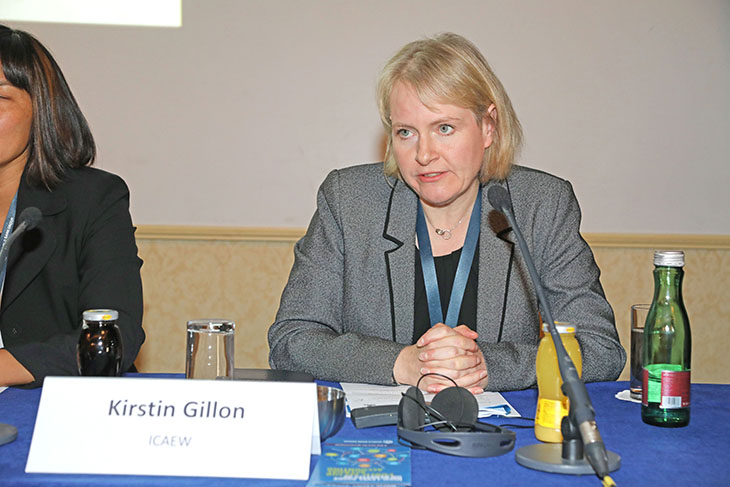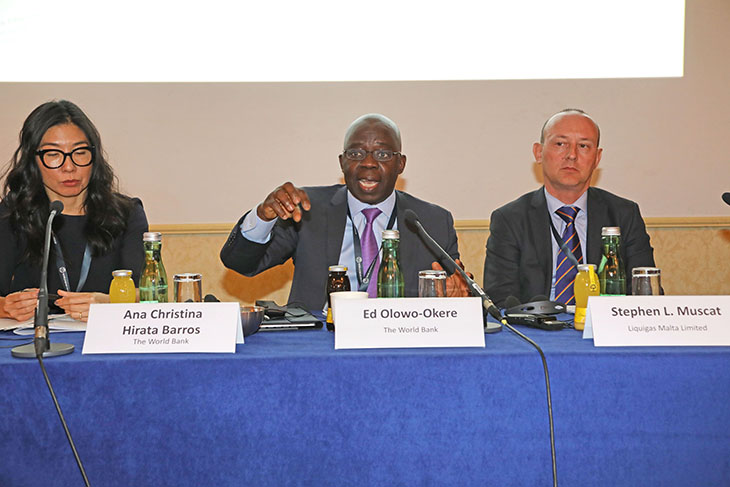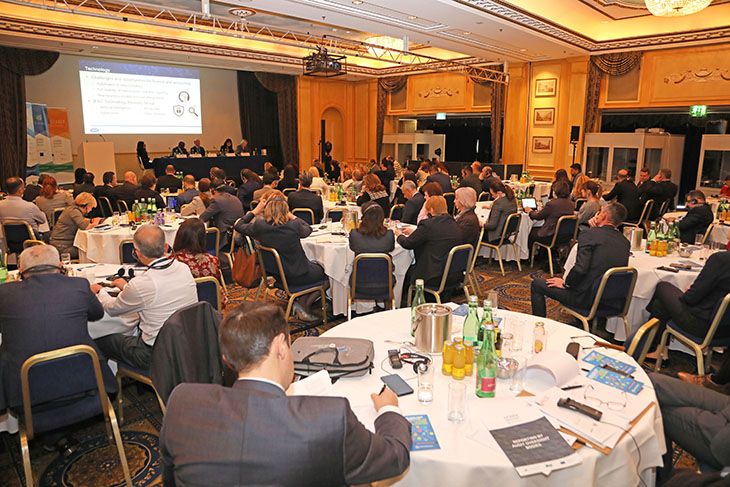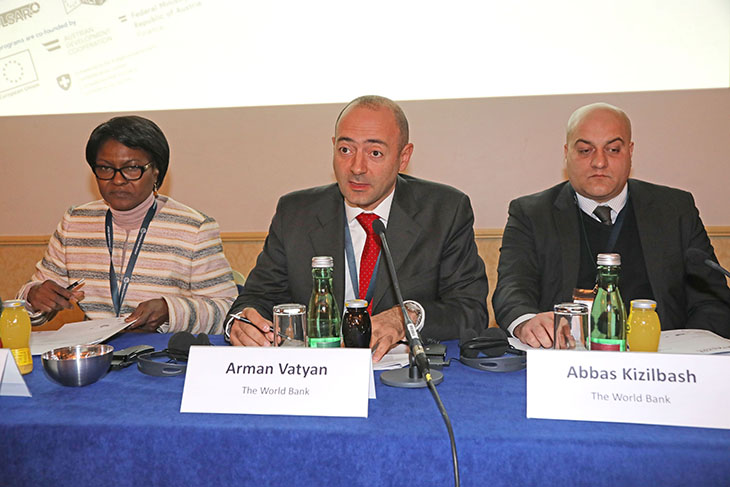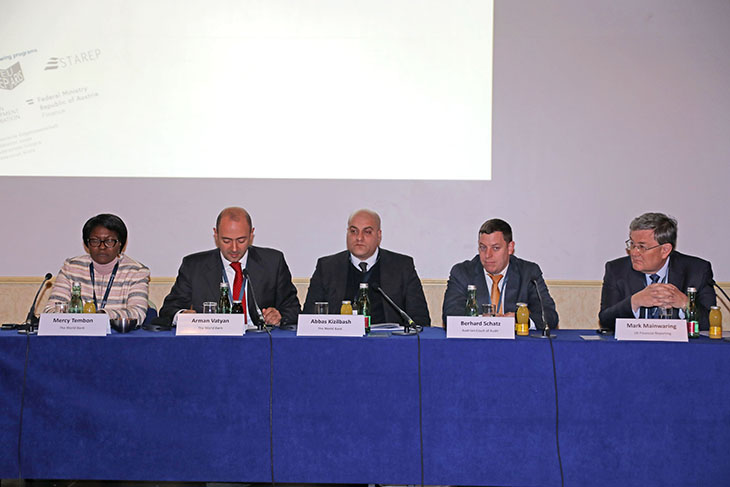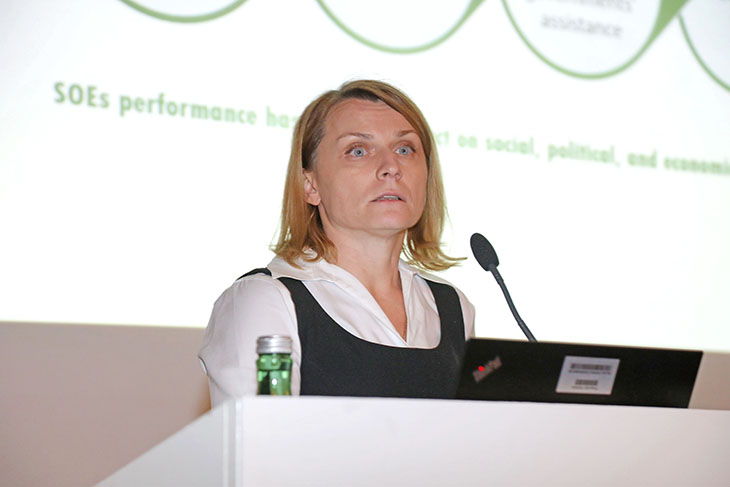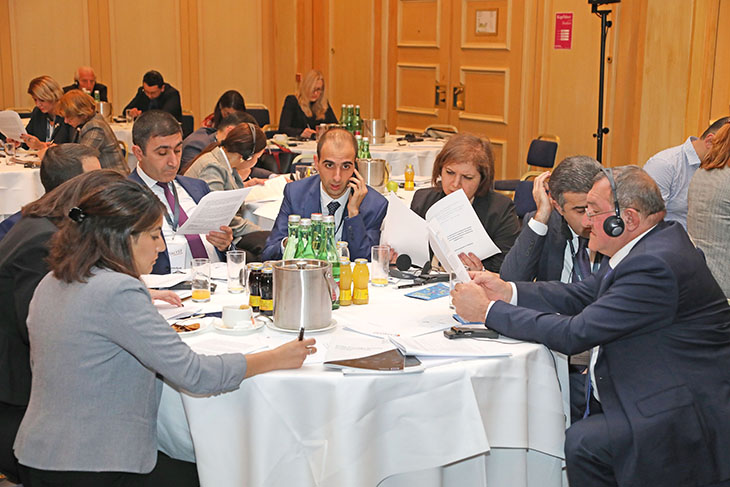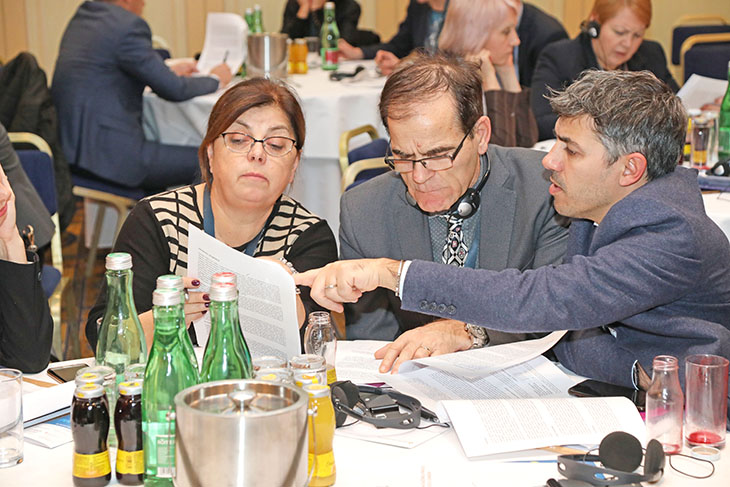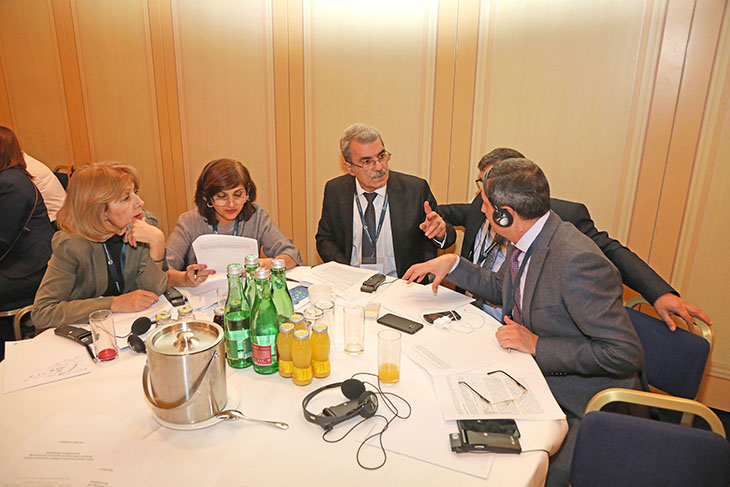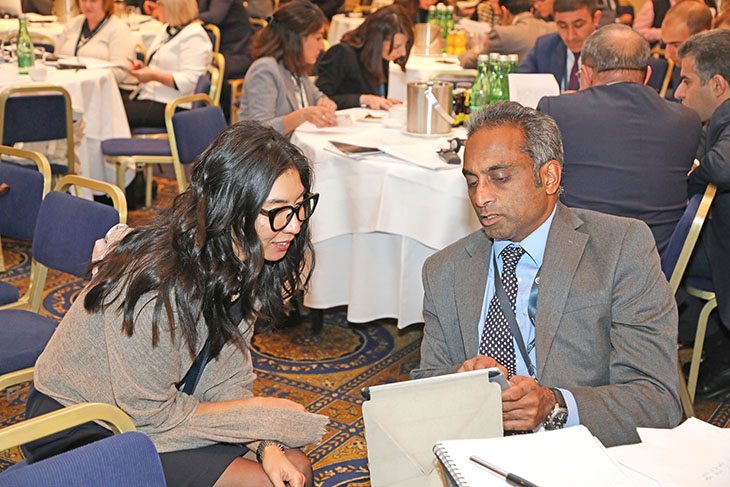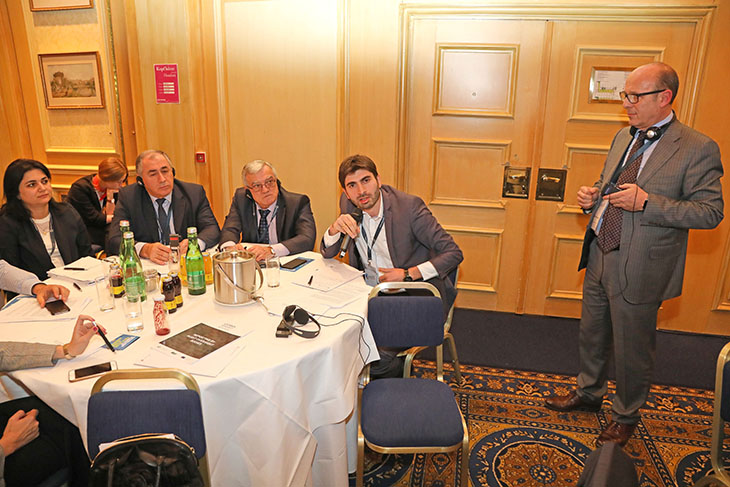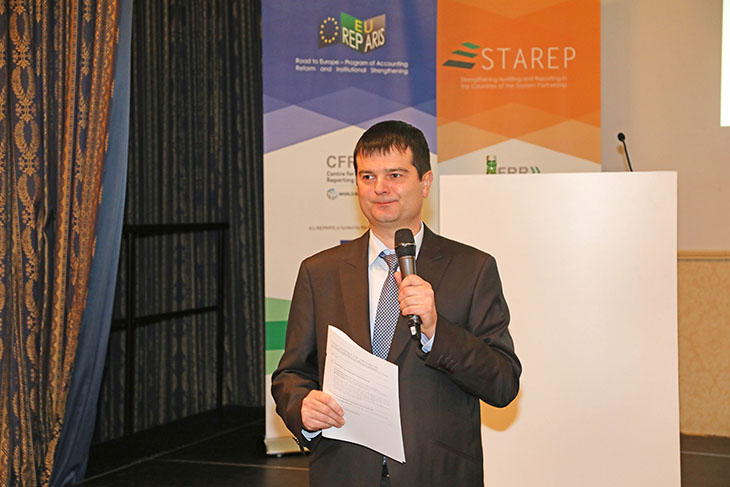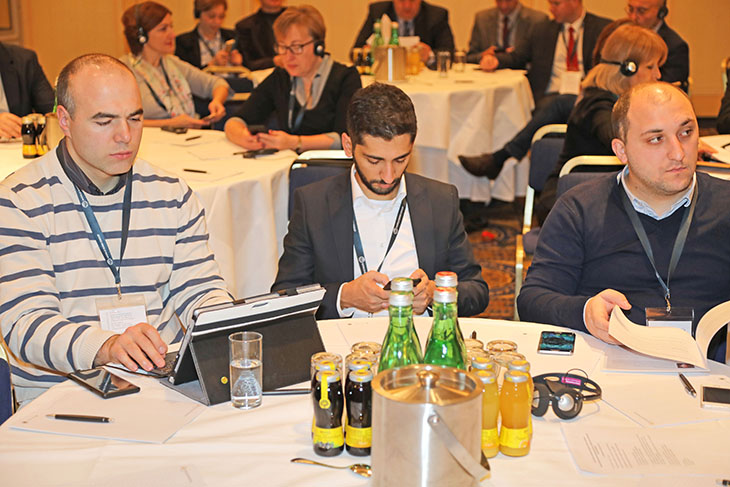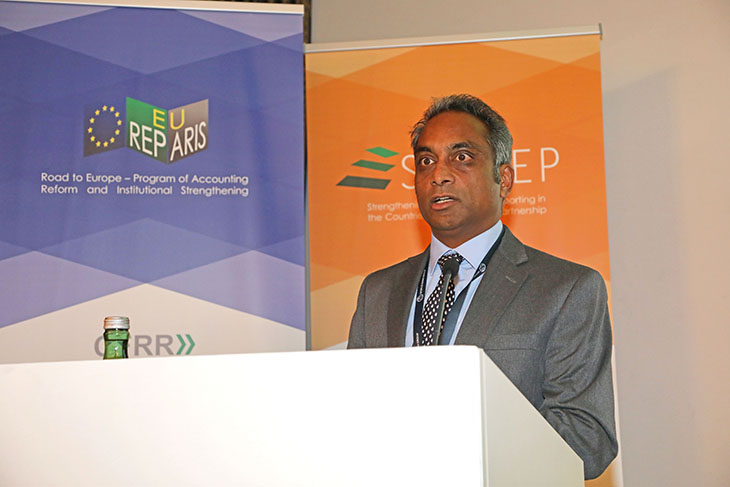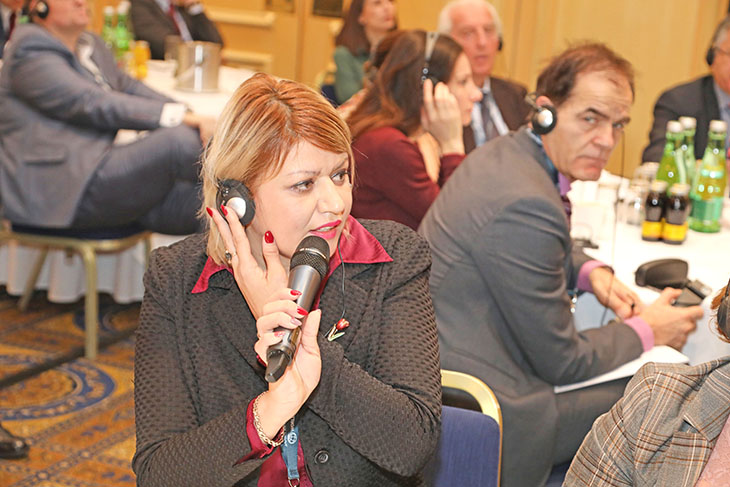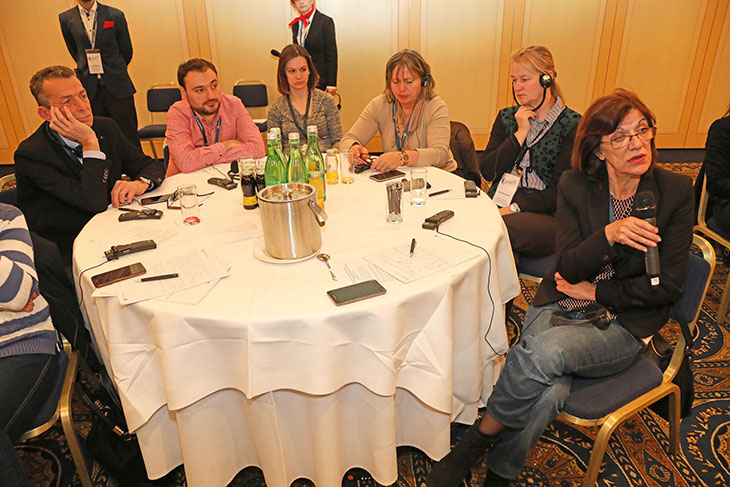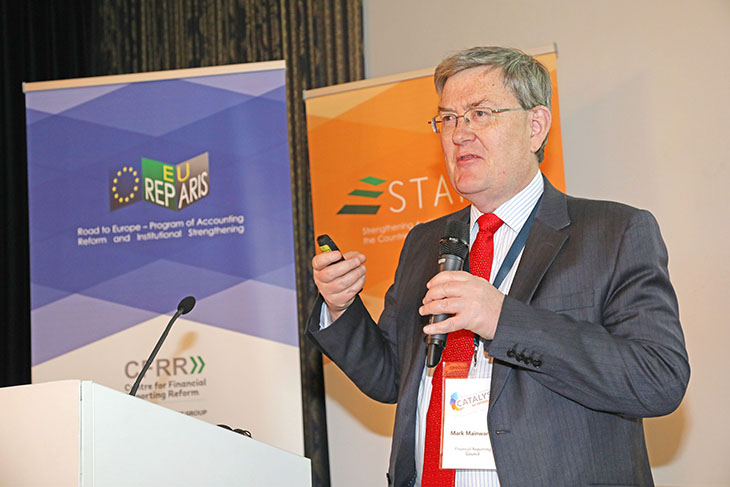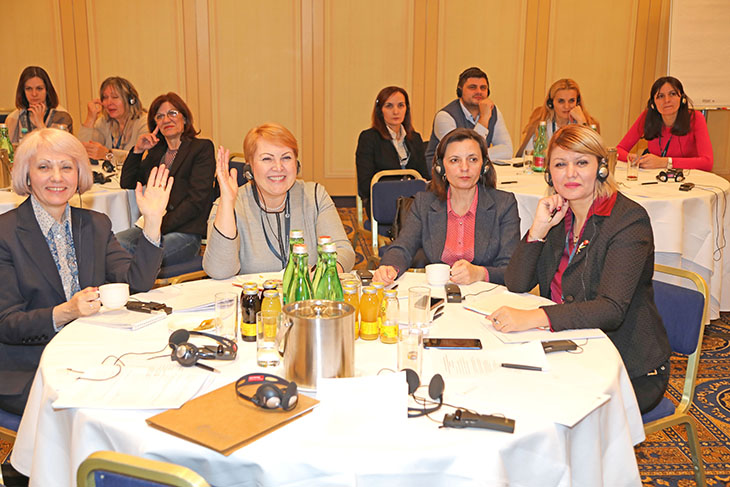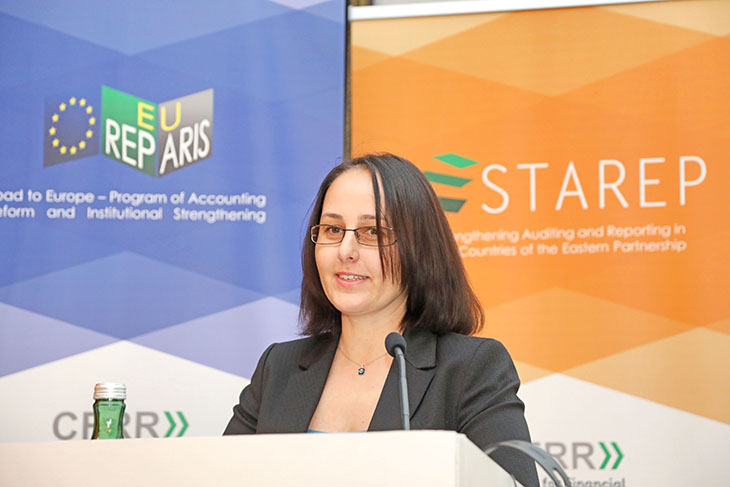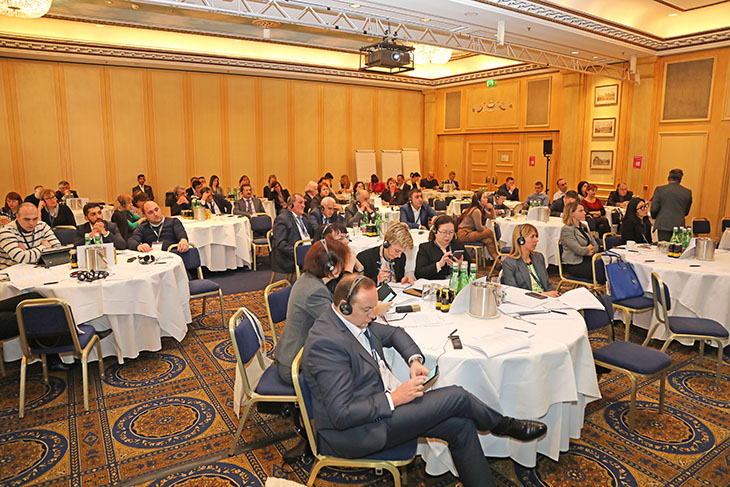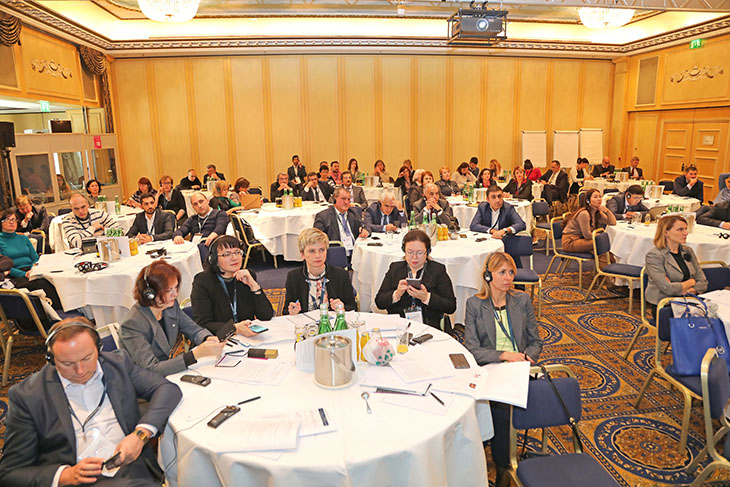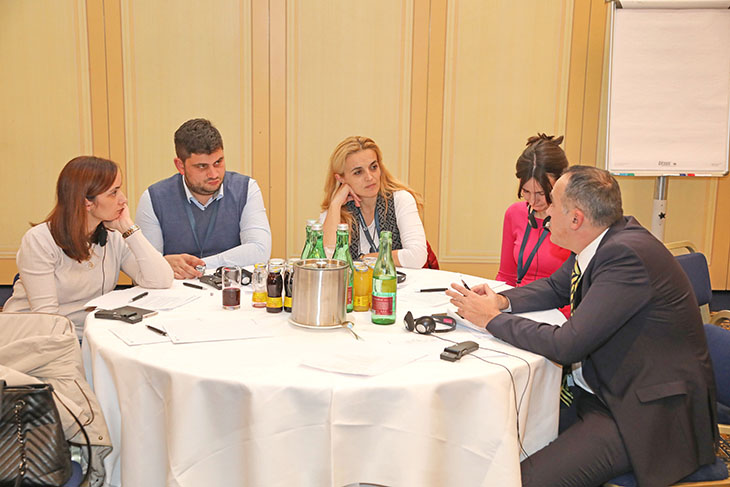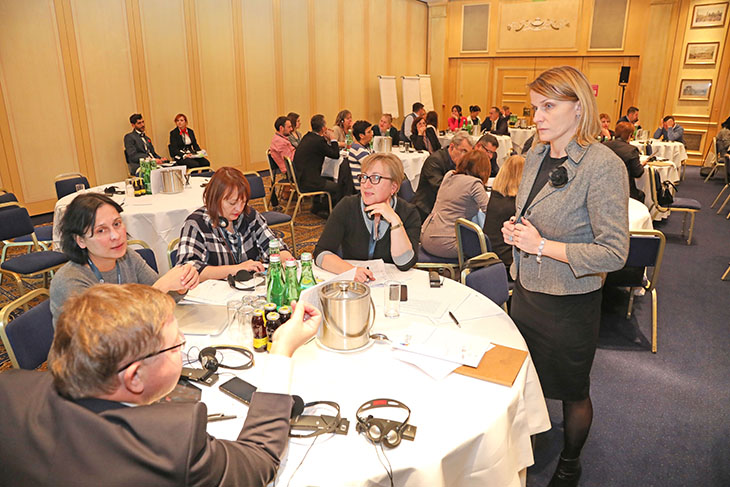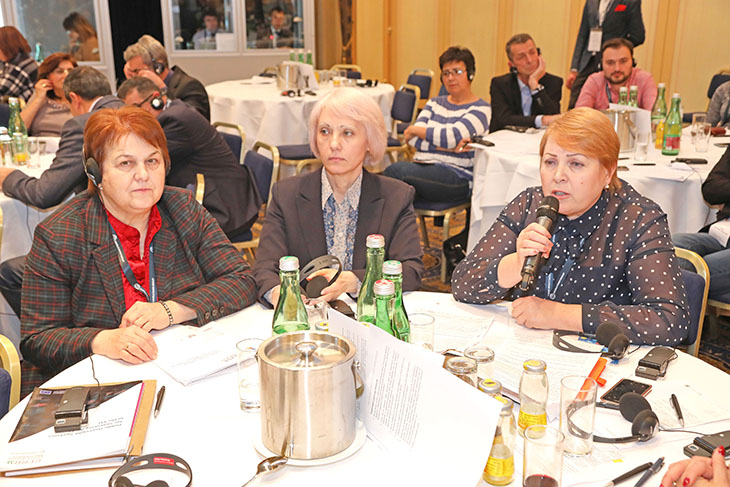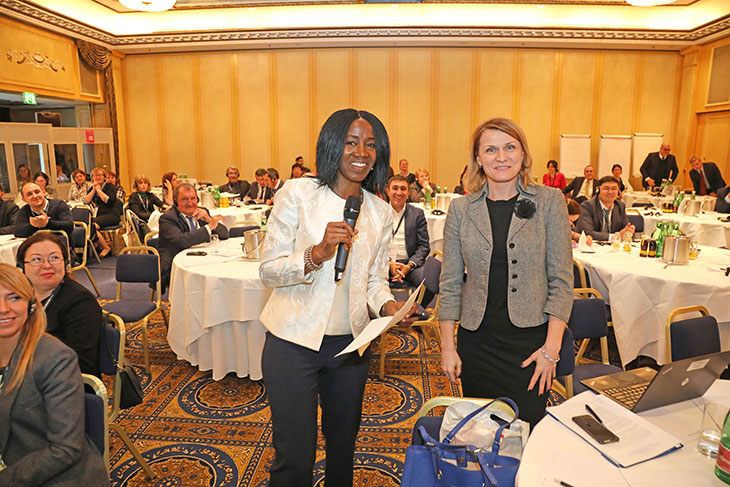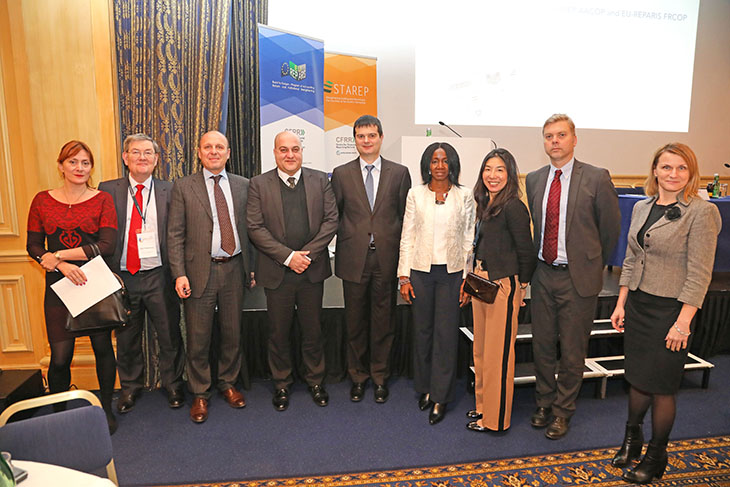Financial Reporting in Private and Public Sectors – Common Issues, Challenges and Recent Developments
A two-day workshop on November 28-29 convened participants from three regional programs, covering 13 countries, that is STAREP (Armenia, Azerbaijan, Belarus, Georgia, Moldova and Ukraine), EU-REPARIS (Albania, Bosnia & Herzegovina, Kosovo, FYR Macedonia, Montenegro and Serbia) and PULSAR (Albania, Armenia, Azerbaijan, Belarus, Bosnia and Herzegovina, Croatia, Georgia, Kosovo, FYR Macedonia, Moldova, Montenegro, Serbia and Ukraine) [PULSAR joint workshop was convened for one day on November 28]. In addition, participants from the Kyrgyz Republic participated as guests at the event as part of the KAREP project.
The main objective of the workshop was to discuss the impact of the Fourth Industrial Revolution on the accountancy profession which is bringing rapid changes in all spheres through the use of artificial intelligence, robotics, data science, and other digital technologies. Further, the workshop discussed the significant challenges faced by the accounting profession considering the continued financial reporting failures such as those at Tesco, Carillion and Petrobas, among others.
The first day of this workshop was a joint day for the communities of practice dealing with financial reporting in both the public and corporate sectors; consequently experiences were shared between jurisdictions which face similar challenges in implementing public and corporate reporting reforms.
The presentations and discussions on how technology is impacting business, public and corporate financial reporting, and stakeholder relationships were very well welcomed by the audience. The session explored the benefits, as well as the risks, that the adoption of new technologies can bring to the profession. There was a consensus amongst participants that there is a need to re-think and adapt corporate financial reporting and auditing practices to new digital challenges and opportunities, especially the use of artificial intelligence and block chain technology.
The panel on changing the role of the accounting profession provided participants with various perspectives on the ways the profession is evolving to deal with challenges ahead and prepare for the future.
Private- and public-sector examples of corporate and public financial reporting failures were reviewed during the workshop and the possible implications in terms of financial reporting and audit oversight were discussed by the participants.
The participants also worked together on a case study, a real-life example of a state-owned enterprise, and analyzed the aspects of governance, including financial monitoring, corporate governance arrangements, internal controls, accountability, transparency, and fiscal risk management.
During the second day of the workshop, participants from the STAREP and EU-REPARIS regional programs had the opportunity to learn about the experience related to the delegation of certain functions and responsibilities by public oversight bodies to professional accountancy organizations (PAOs), and about the UK Financial Reporting Council’s experience on how to develop a quality assurance system.
Finally, the workshop presented a new accounting and auditing reform results framework measuring progress made in countries participating in the STAREP program and offered an opportunity for participants of both STAREP and EU-REPARIS programs to review the benefits of having a results framework, highlighting key outcomes achieved with support of the World Bank’s CFRR between 2013 and 2018.
While many STAREP countries achieved impressive progress by adopting new legislation in the field of accounting and auditing, implementing these laws in practice, and the necessary capacity, will be the next challenge. Participants expressed their interest to continue the program beyond June 2019, and expressed their commitment to communicate to development partners of the STAREP regional project, including the European Commission, for extending their generosity and support a new phase of the STAREP program.
Disclaimer: This webpage was created and maintained with the financial support of the European Union. Its contents are the sole responsibility of CFRR and do not necessarily reflect the views of the European Union.
